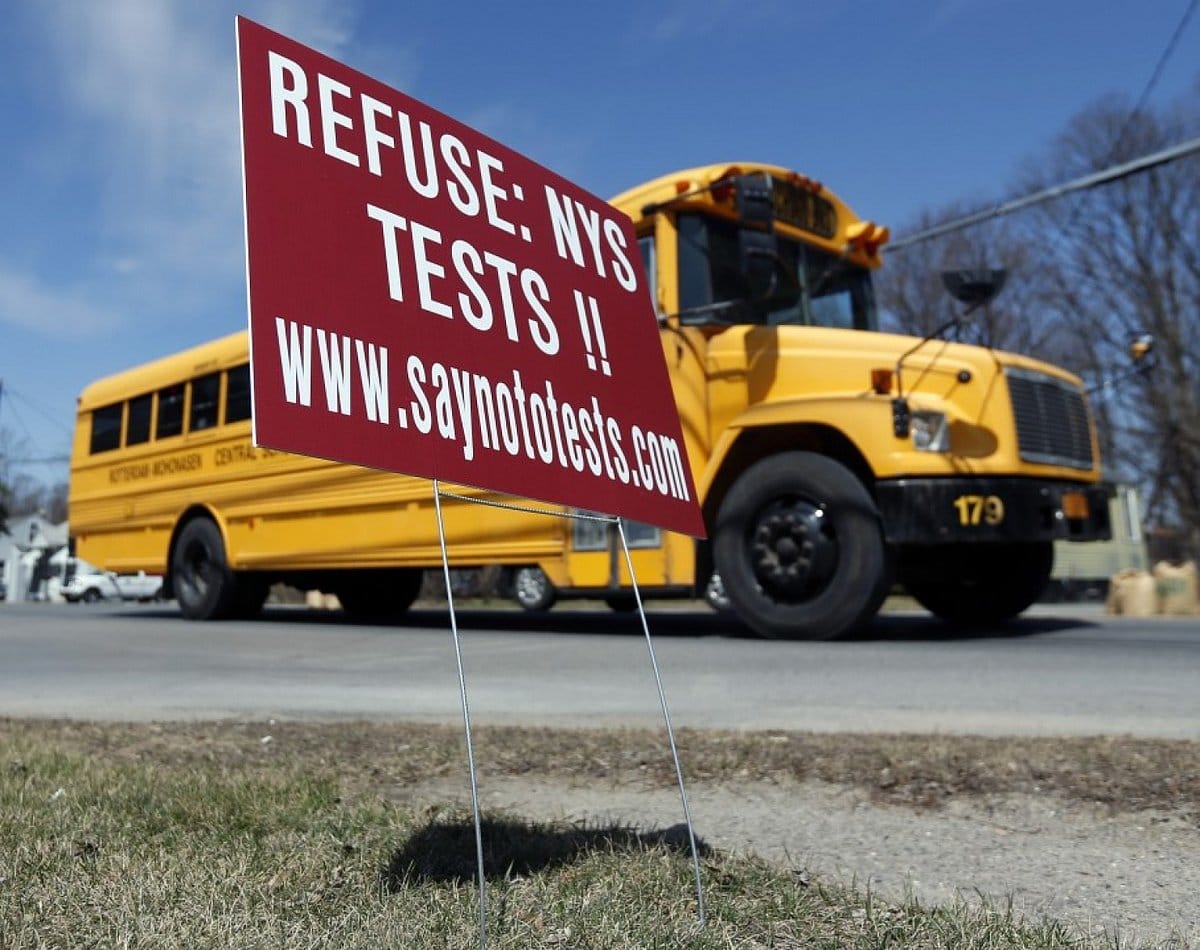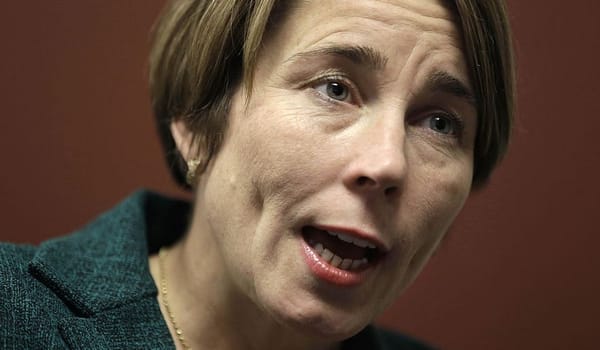Why Accountability to Fed-u-crats Is Damaging Student Achievement

When the concept of accountability burst upon education policymaking in the latter half of the 20th century, it sounded like a good idea. It went something like this: If the government gives the public schools money, it should be able to expect something in return showing that the public schools warranted the money, not just an audit report showing that the money was spent in allowed categories (e.g., ƒpersonnel, supplies, administration). The concept was implicit in the 1994 re-authorization of the Elementary and Secondary Education Act (ESEA) under President Bill Clinton. Later, in his State of the Union address in 1996, President Clinton called for national voluntary tests in grade 4 reading and grade 8 mathematics. But in 1997, the Republican-led Congress killed the idea by refusing to appropriate money for the tests. (See, for example, articles in The Los Angeles Times here or The Baltimore Sun here.)
The idea was embedded into federal law under President George W. Bush as part of No Child Left Behind, the 2001 re-authorization of ESEA. Many of his education advisors believed an "education miracle" had happened under his governorship in Texas in the 1990s after state tests were mandated, schools faced various sanctions for not showing improved student performance, and school performance improved. Bush's education advisors were convinced that if accountability were built into ESEA's 2001 re-authorization (in the form of sanctions for low-performing schools when student performance didn't improve on state-mandated tests), we could expect better results than the public was seeing from the billions in Title I money that had been appropriated for the education of low-income children since ESEA's inception in 1965. Not only had there been little research on the reasons for the meager positive results since 1965, there seemed to be little thinking about the differing meanings and effects of accountability in local, state, or federal education policy-making.

